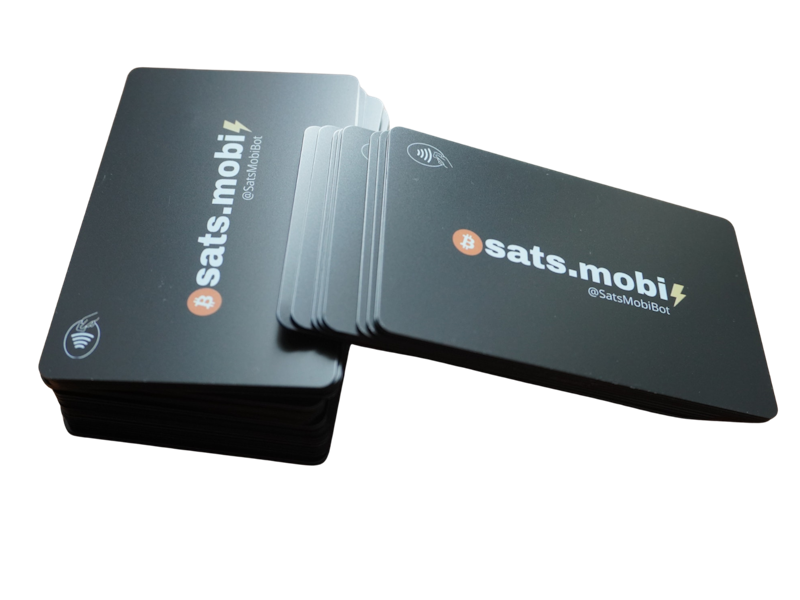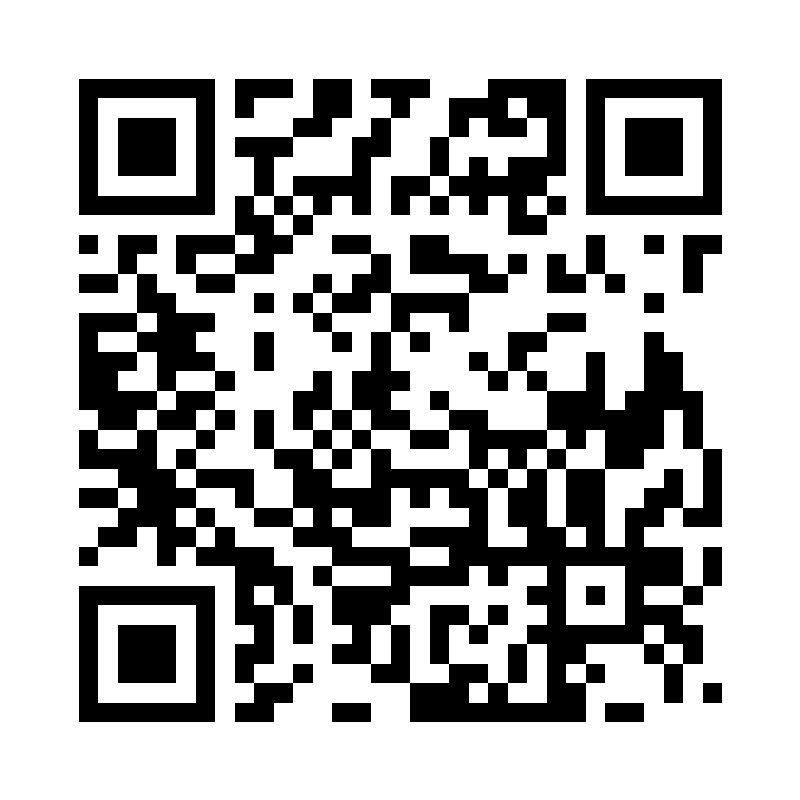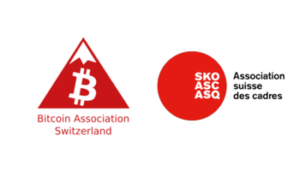Cryptocurrencies are the future of economy. Here and now banks are collapsing and going ever and ever unfair. But luckily cryptocurrencies are growing more and more and they represent wealth without the control of anyone. The democracy of money is finally now here. This revolution began with bitcoins the first digita currency and the most used. Now banks must be afraid because they domination on economy is really going to end shortly.
A new financial era
My personal goal is to make people understand that a new era has started in which we will be no more slaves of banks and governments. Bitcoins are a new way to manage our money, to trade, and to invest, getting rid of old schemas where a central unit (governed by rich and powerful men) decide the value of your money and how long it will last. Now you can act as a bank of yourself and you can keep your money yourself, safely. Revolution bas began.
With bitcoins transactions are peer-to-peer from users directly without any intermediary or regulator entities. This is really the most important feature of the new coins, but not the only or the last. The particular features of bitcoins lead to low transaction fees and no intermediaries ever.
How the transaction process takes place
Bitcoins are created as a reward for payment processing work in which users offer their computing power to verify and record payments into a public ledger. This activity is referred to as mining and miners are rewarded with transaction fees and newly created bitcoins. Besides being obtained by mining, bitcoins can be exchanged for other currencies, products, and services. When sending bitcoins, users can pay an optional transaction fee to the miners
Blockchain
The blockchain is a public ledger that records each bitcoin transactions. A new solution accomplishes this without any trusted central authority: maintenance of the blockchain is performed by a network of communicating nodes that run bitcoin software. Transactions of the form payer Mark sends X bitcoins to payee Marie are broadcast to this network using readily available software applications. Network nodes can validate all transactions, add them to their copy of the ledger, and then broadcast these ledger additions to other nodes. The blockchain is a distributed database. In order to achieve independent verification of the chain of ownership of any and every bitcoin (amount), each network node stores its own copy of the blockchain.
Approximately six times per hour, a new group of accepted transactions, a block, is created, added to the blockchain, and quickly published to all nodes. This allows bitcoin software to determine precisely when a particular amount of bitcoins has been spent, which is necessary in order to prevent double-spending in an environment without central oversight. Whereas a conventional ledger records the transfers of actual bills or promissory notes that exist apart from it, the blockchain is the only place that bitcoins can be said to exist in the form of unspent outputs of transactions. All this is the genial solution that creates the magic.













